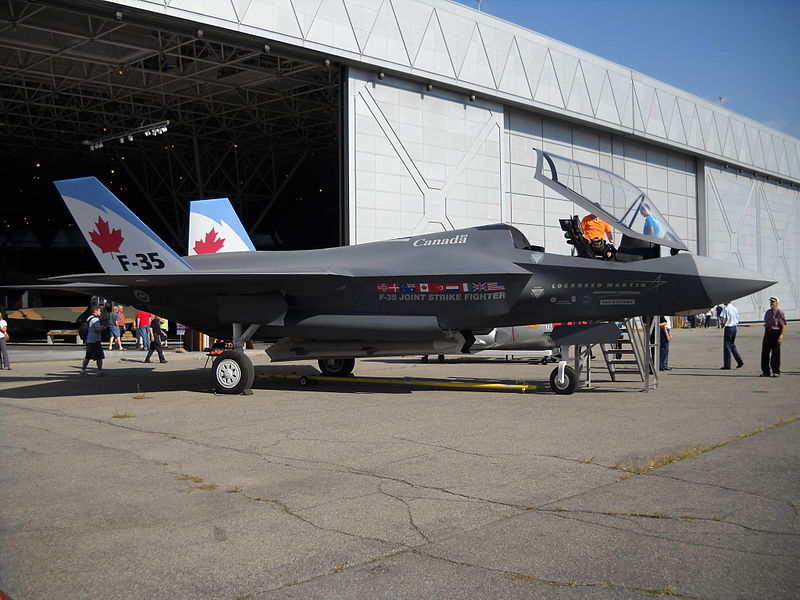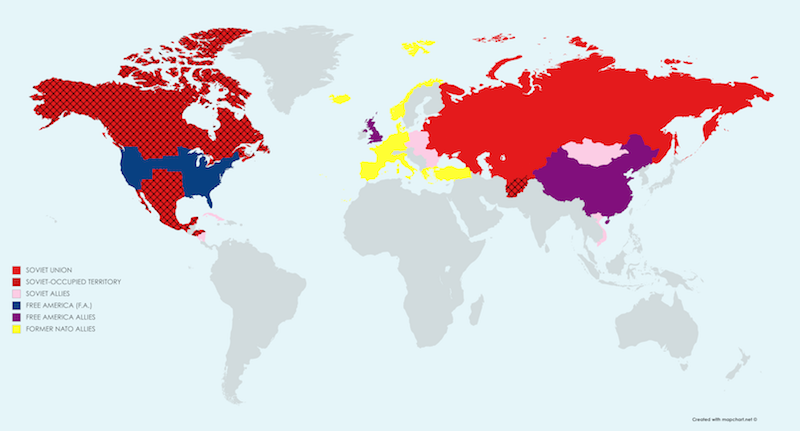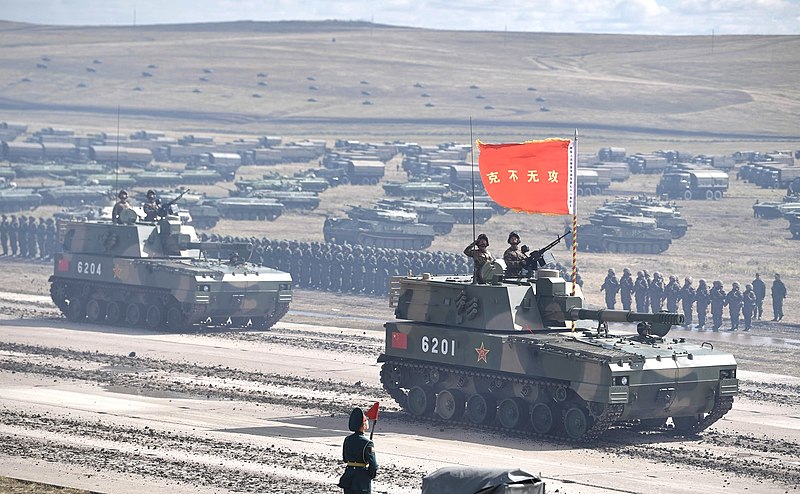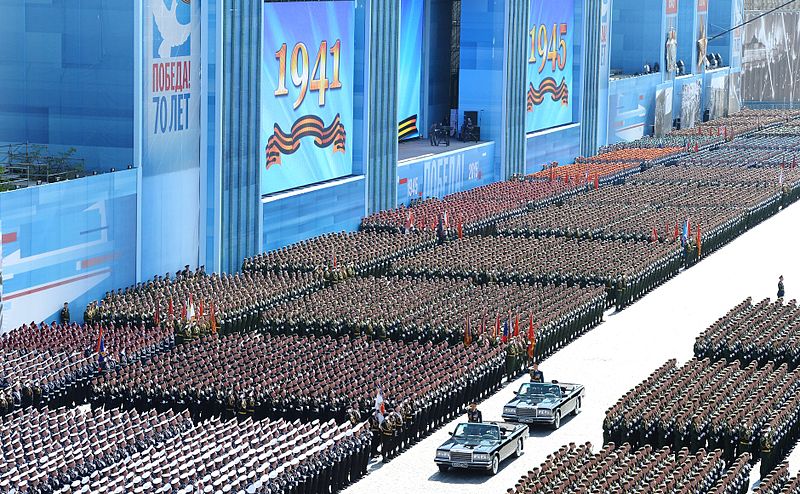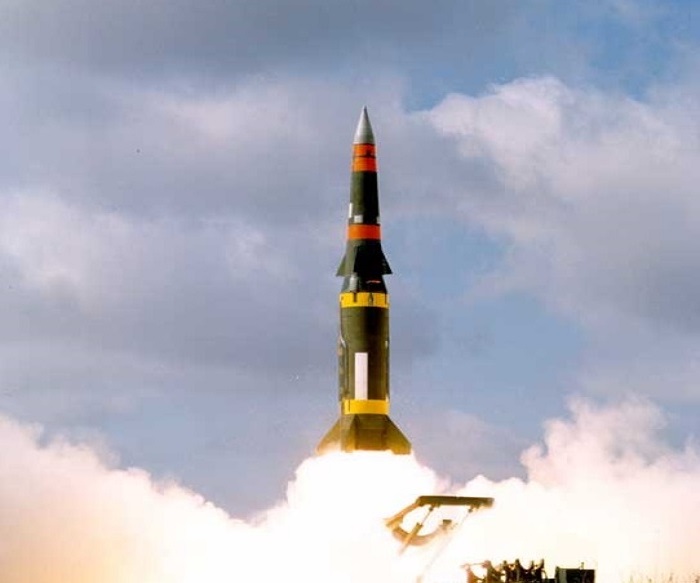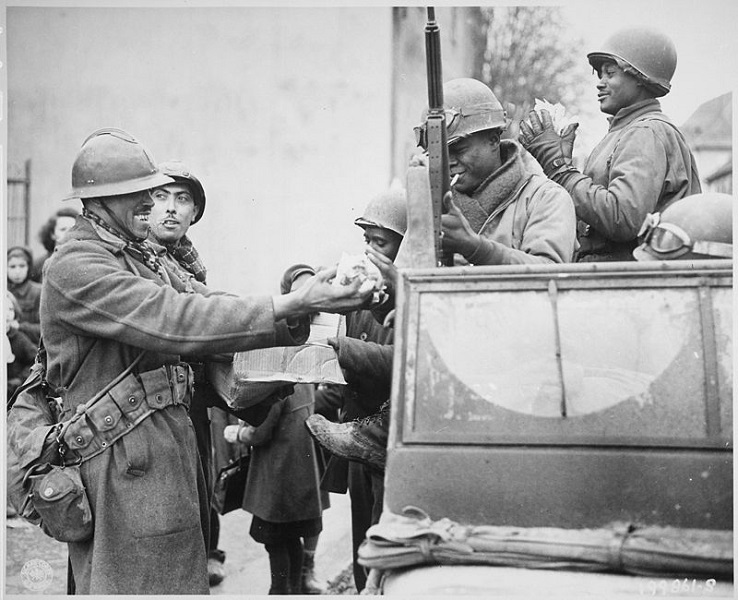In this article, Justin Dell argues that drugs pose a growing threat to national security in countries across the NATO alliance. As a transnational phenomenon and a product of global supply chains, it has to be dealt with multilaterally.
Author: Justin M.J. Dell
Halloween Special Report: What “The Walking Dead” Can Teach Us About The Rules-Based International Order
AMC’s hit television show has brought some of the age-old questions about order and governance into popular consciousness, Justin Dell explains.
What’s the Deal with the F-35?
Canada’s relationship with the F-35 Lightning II Joint-Strike Fighter is a long and complicated one. In this article, Justin Dell provides an overview of this chapter in the history of Canadian military procurement, underscores some of the implications of Canada’s actions towards this weapons program, and argues that the Canadian government has made the wrong decision in turning its back on the aircraft.
The United States Stands Alone: A Review of “Red Dawn” (1984)
In this film analysis, Justin Dell looks at the alternative history flick, “Red Dawn” (1984), and teases out some of the details of the movie that speak to the apocalyptic mood that existed in the early 1980s, when relations between the United States and the Soviet Union were at their nadir. The film’s principal themes of readiness and sacrifice are as relevant to today’s world as they were 35 years ago.
Central Asia: Site of a Scramble
Central Asia is the topic of discussion on this Editor’s Forum. NAOC interns weigh in on what they perceive to be the critical issues in the geopolitics facing this region and what they might mean for NATO in the years ahead.
Eyes East: Bringing “Vostok 2018” into Focus
Russia and China and Mongolia, oh my! Russia recently conducted its largest war games since Soviet times, in Siberia, and Chinese and Mongolian units participated. What should NATO make of this? Justin Dell argues that these exercises are probably more about Russian self-assertion in the Far East than about building a Russian-Chinese axis of autocracy.
Special Report on NATO and Russia: The More Things Change
The collapse of communism, signalled by the breakup of the USSR in 1991, was a welcome development for the democratic world. However, it did not have the potential to change the relationship between NATO and Russia as much as might have been hoped, as Justin Dell explains in this special report.
Revisiting Able Archer ’83
In his latest article, Justin Dell writes on the lessons we can learn from a past NATO operation: Able Archer.
One for All and All for One: NATO, Stability, and the American National Interest
While world leaders question the usefulness of the international order, Justin Dell shows just how important NATO is to U.S. national interest.



